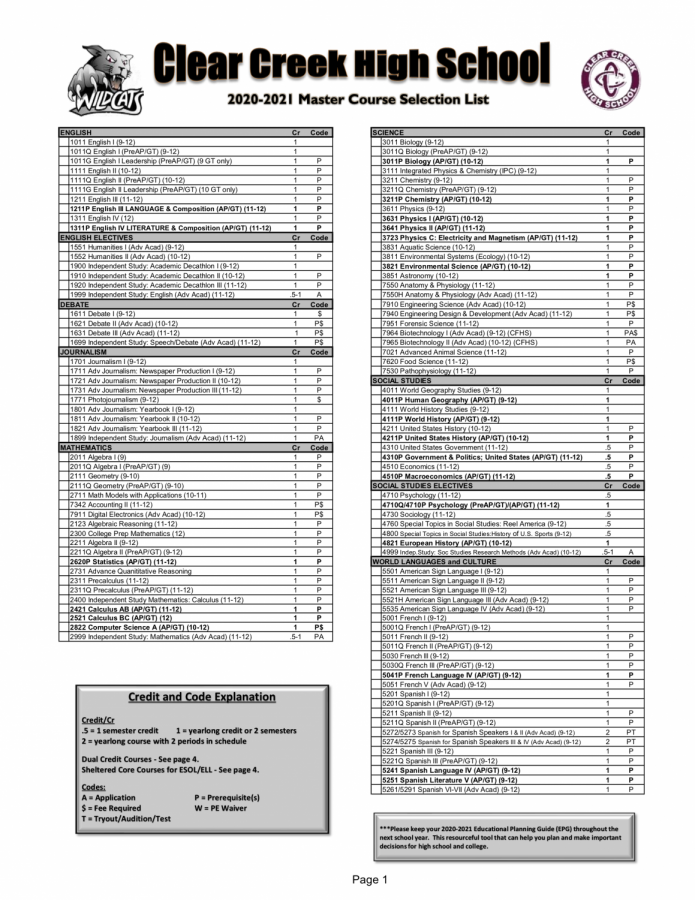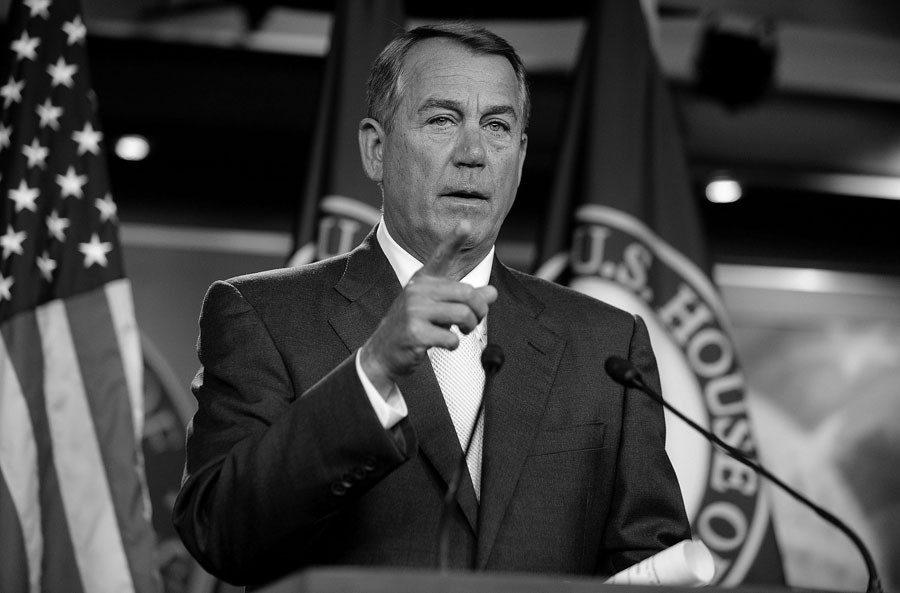Speaker of the House John Boehner formally resigns
House Speaker John Boehner (R-Ohio) speaks at his weekly news conference on Capitol Hill, Thursday, July 10, 2014 in Washington. (Olivier Douliery/Abaca Press/MCT)
October 28, 2015
John Boehner, the former Speaker of the House of Representatives, formally resigned from the prestigious position on September 25, citing the increasing pressure and discord in Congress as a result of the fractured Republican caucus.
Boehner wanted to end his run last year, but was worried about destabilizing the House’s Republican caucus. Instead, he decided to stay and step down on his birthday in November. However, a visit by Pope Francis to the U.S. Congress in late September sped up the date of his resignation.
“I decided today is the day I’m going to do this, simple as that,” Boehner said at a Capitol Hill press conference, saying his decision came after a night of sleep and prayers.
Boehner’s nearly six-year tenure was characterized by repeated fiscal clashes with the White House and failed deal-makings with President Obama and Senate Leader Harry Reid. He became Speaker of the House in 2010 in part because of the power of the Tea Party candidates, but his actions were then severely limited by their influence. They often wanted Boehner to “take a harder line” with Obama and Democrats, which he didn’t always want to.
Most recently, Boehner has struggled with wanting to keep the government open throughout the rest of the fiscal year, preventing a government shutdown. However, the fractious and increasingly conservative Republican members of Congress have declared that they would not approve a bill that continued to provide funding for Planned Parenthood, leading to a stalemate.
Boehner could have sought reelection in the fall, or stayed as the speaker and be faced with cutting fiscal deals that would prompt a Republican revolt.
“It’s become clear to me that this prolonged leadership turmoil would do irreparable harm to the institution,” Boehner told reporters. “This isn’t about me. It’s about the people, it’s about the institution.”
The announcement stunned the House’s GOP conference, which was meeting to discuss funding legislation when Boehner announced his decision. The room immediately became very somber.
“A lot of grown men and women were crying, especially those who know him the most,” said Representative Lee Zeldin from New York.
A major reason for Boehner’s departure is that he wished to go out on a high note. The Pope blessed his new grandchild just a day before, and the religious leader’s address to Congress was a very emotional experience for him.
“So before I went to sleep last night, I told my wife, I said, ‘You know, I might just make an announcement tomorrow,’ ” Boehner said at a news conference in the Capitol. “This morning I woke up, said my prayers, as I always do, and thought, ‘This is the day I am going to do this.’ ”
Many hopeful Republican candidates for president publicly do not approve of many of Boehner’s actions. When candidate Marco Rubio announced Boehner’s resignation at a rally, the crowd cheered loudly.
“It’s time to turn the page,” Rubio said, deviating from his script in order to appease the audience, whose views align with many who wanted to oust Boehner.
In late October, Republican Paul Ryan announced he was running for the next House speaker. More than 70% of the House Freedom Caucus voted in favor of Ryan’s candidacy, short of the 80% required for an official endorsement which Ryan demands. He is now waiting for two other key House GOP caucuses to make their support known before he officially runs. Ryan has said that he wishes to be the “unity” candidate for House speaker.
“I I can be a unifying figure in our conference, I’m willing to step up and do that, it’s just that simple,” Ryan said.

















